 A Tide Should be Able to Rise Despite Its Moon is Bell’s first book of poetry in over ten years, but regardless of where her extensive creative practice takes her, her work has always reflected a poetic sensibility, so it feels almost like this is her centrepoint.
A Tide Should be Able to Rise Despite Its Moon is Bell’s first book of poetry in over ten years, but regardless of where her extensive creative practice takes her, her work has always reflected a poetic sensibility, so it feels almost like this is her centrepoint.
Tag: poetry
How Light Comes Up Off the Lake: a review of Old Snow, White Sun by Caroline Goodwin
 Not at all self conscious, these poems are quite deliberate, the made thing. Each has its note of authority, as in the first poem’s first image, “the common loon made a thumbprint on the lake.” Part elegy, part journal, part memoir, part love song, part accusation, part celebration, all in the voice a person with something to say, a poet with the ability to make a word—loon, cattails, meadow—all her own.
Not at all self conscious, these poems are quite deliberate, the made thing. Each has its note of authority, as in the first poem’s first image, “the common loon made a thumbprint on the lake.” Part elegy, part journal, part memoir, part love song, part accusation, part celebration, all in the voice a person with something to say, a poet with the ability to make a word—loon, cattails, meadow—all her own.
A review of Monster Field by Lucy Dougan
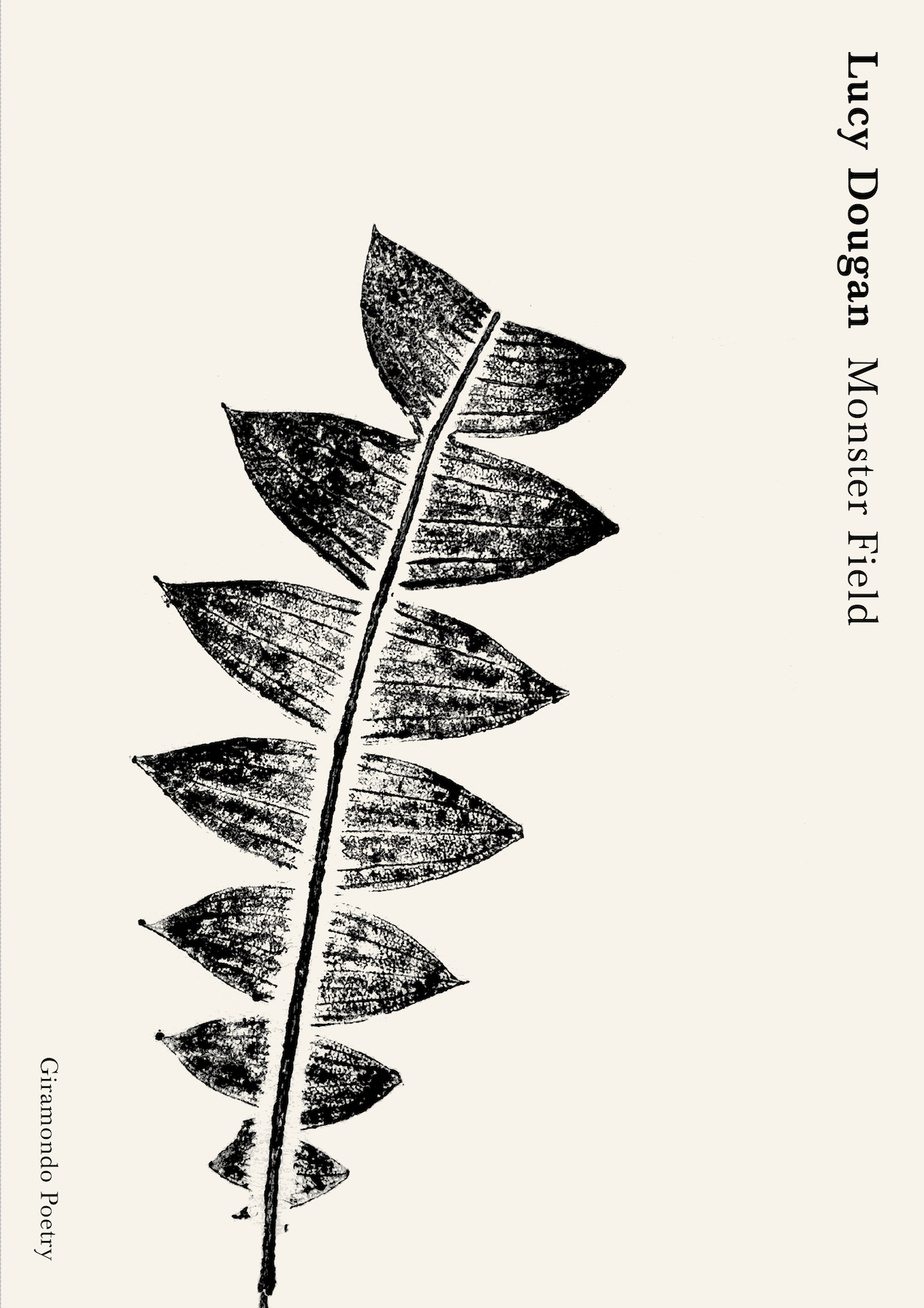 The work feels intimate and subtle, as if a curtain were being opened, little by little, inviting the reader to peak behind the immediate appearance to find something more, for example, the simple act of putting up wallpaper–child and father, revealing so much that is unspoken and understood with hindsight:
The work feels intimate and subtle, as if a curtain were being opened, little by little, inviting the reader to peak behind the immediate appearance to find something more, for example, the simple act of putting up wallpaper–child and father, revealing so much that is unspoken and understood with hindsight:
A review of Voices of Freedom: Contemporary Writing from Ukraine edited by Kateryna Kazimirova and Daryna Anastasieva
 The collection, which is beautifully curated, includes twenty seven living authors from the Ukrainian community, whose work explores a wide range of topics from the many invasions of the country, from the War in Donbas in 2014 which led to the annexing of Crimea through to the major escalation in February 2022, but also poems, essays and stories about the desire to maintain a cultural identity, oppression, love, the climate, forest, feminism, friendship, and pleasure.
The collection, which is beautifully curated, includes twenty seven living authors from the Ukrainian community, whose work explores a wide range of topics from the many invasions of the country, from the War in Donbas in 2014 which led to the annexing of Crimea through to the major escalation in February 2022, but also poems, essays and stories about the desire to maintain a cultural identity, oppression, love, the climate, forest, feminism, friendship, and pleasure.
A reviews of Settler by Maggie Queeney
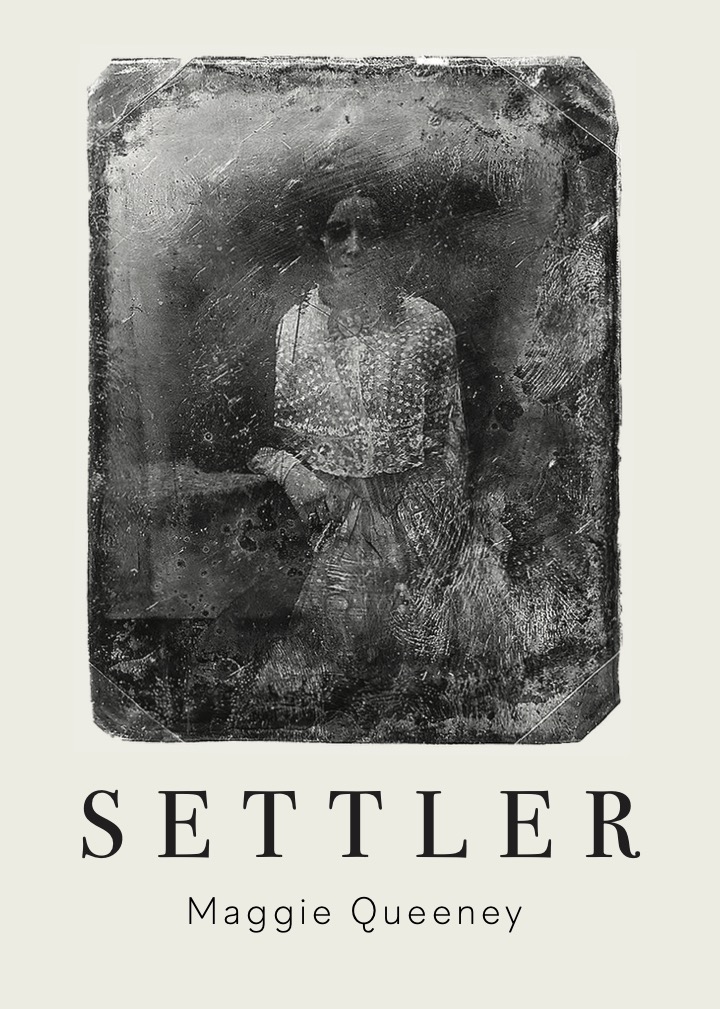 If I imagine these poems written on canvas, I think of them as “blood-anointed.” Queeney bears witness and makes frank the realities of these women, or the female experience that may read removed but isn’t always entirely separate from us today.
If I imagine these poems written on canvas, I think of them as “blood-anointed.” Queeney bears witness and makes frank the realities of these women, or the female experience that may read removed but isn’t always entirely separate from us today.
A review of Natural Philosophies by Michael Leach
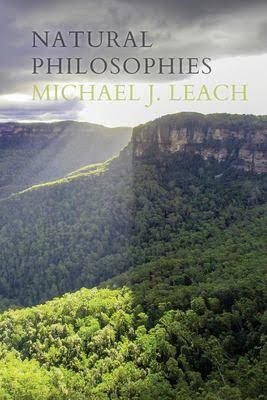 Leach is a scientist and this shows in his preoccupations, with the natural world and our place within it as actors, colonisers, in sickness and caregiving. The focus moves from heavenly bodies to human ones, from the earth to the mind, all with a precision that reflects Leach’s methodical process.
Leach is a scientist and this shows in his preoccupations, with the natural world and our place within it as actors, colonisers, in sickness and caregiving. The focus moves from heavenly bodies to human ones, from the earth to the mind, all with a precision that reflects Leach’s methodical process.
A review of Ask No Questions By Eva Collins
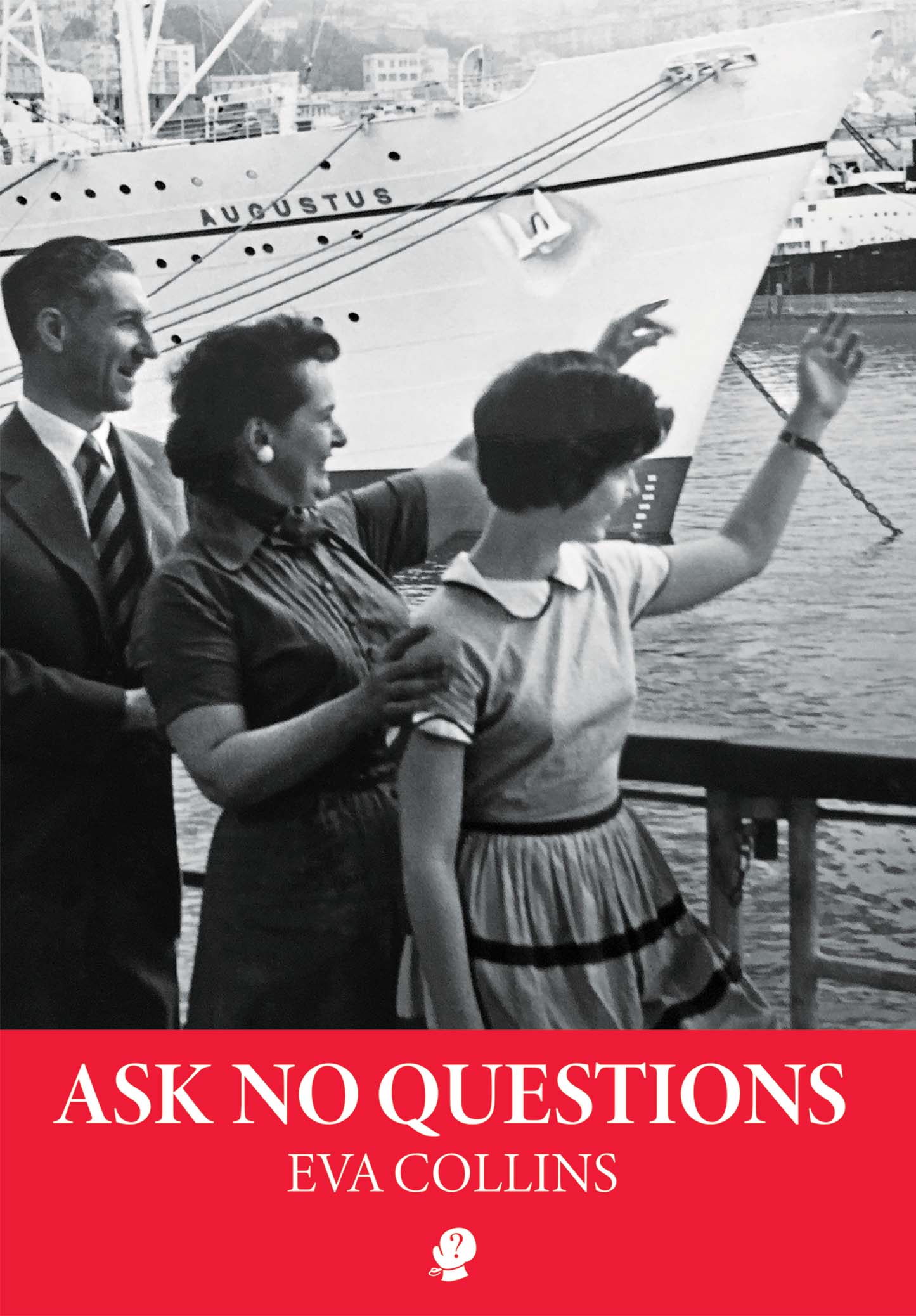 There is a tension between old and new that remains a keynote throughout the book. Learning to accept the duality of her nationality, Eva reclaims her old self and her old name and transforms it into a unique hybrid. Ask No Questions is a book that explores serious topics. The trauma and sadness of the refugee experience is rarely covered through the viewpoint of a child, and Eva teases out that perspective with poetic delicacy, tracing the way in which this perception changes through time.
There is a tension between old and new that remains a keynote throughout the book. Learning to accept the duality of her nationality, Eva reclaims her old self and her old name and transforms it into a unique hybrid. Ask No Questions is a book that explores serious topics. The trauma and sadness of the refugee experience is rarely covered through the viewpoint of a child, and Eva teases out that perspective with poetic delicacy, tracing the way in which this perception changes through time.
A review of The Music of Eternity by Ketaki Datta
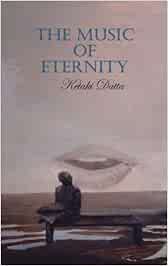 The overarching theme of time, timelessness, the connection between the past, present, and future binds the poems, even as the poet covers a range of ideas and emotions, displaying a unique vision. Datta ponders over the human condition, drawing on everyday happenings to soar into philosophical and sometimes mystical musings.
The overarching theme of time, timelessness, the connection between the past, present, and future binds the poems, even as the poet covers a range of ideas and emotions, displaying a unique vision. Datta ponders over the human condition, drawing on everyday happenings to soar into philosophical and sometimes mystical musings.
A review of Chimera by Brad Buchanan
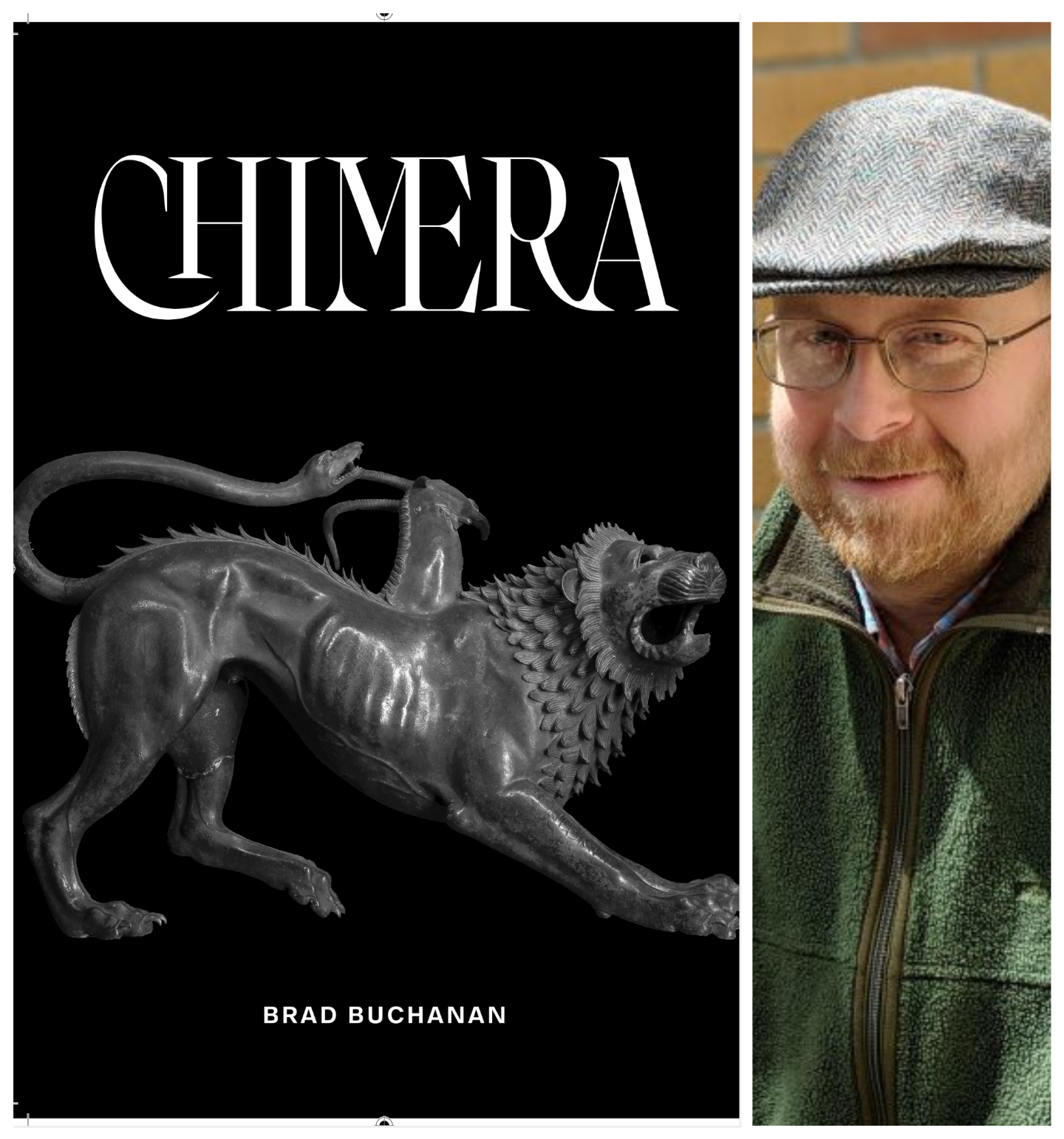 Chimera takes us through an account of multiple procedures and setbacks, presented alternately as invasions, imprisonments, and more bluntly, as betrayal by bodily function. His tone is uncomfortably straightforward, as though he is candidly refusing the reader’s sympathy even as he lays out the visceral details:
Chimera takes us through an account of multiple procedures and setbacks, presented alternately as invasions, imprisonments, and more bluntly, as betrayal by bodily function. His tone is uncomfortably straightforward, as though he is candidly refusing the reader’s sympathy even as he lays out the visceral details:
A review of Ore Choir: The Lava on Iceland by Katy Didden
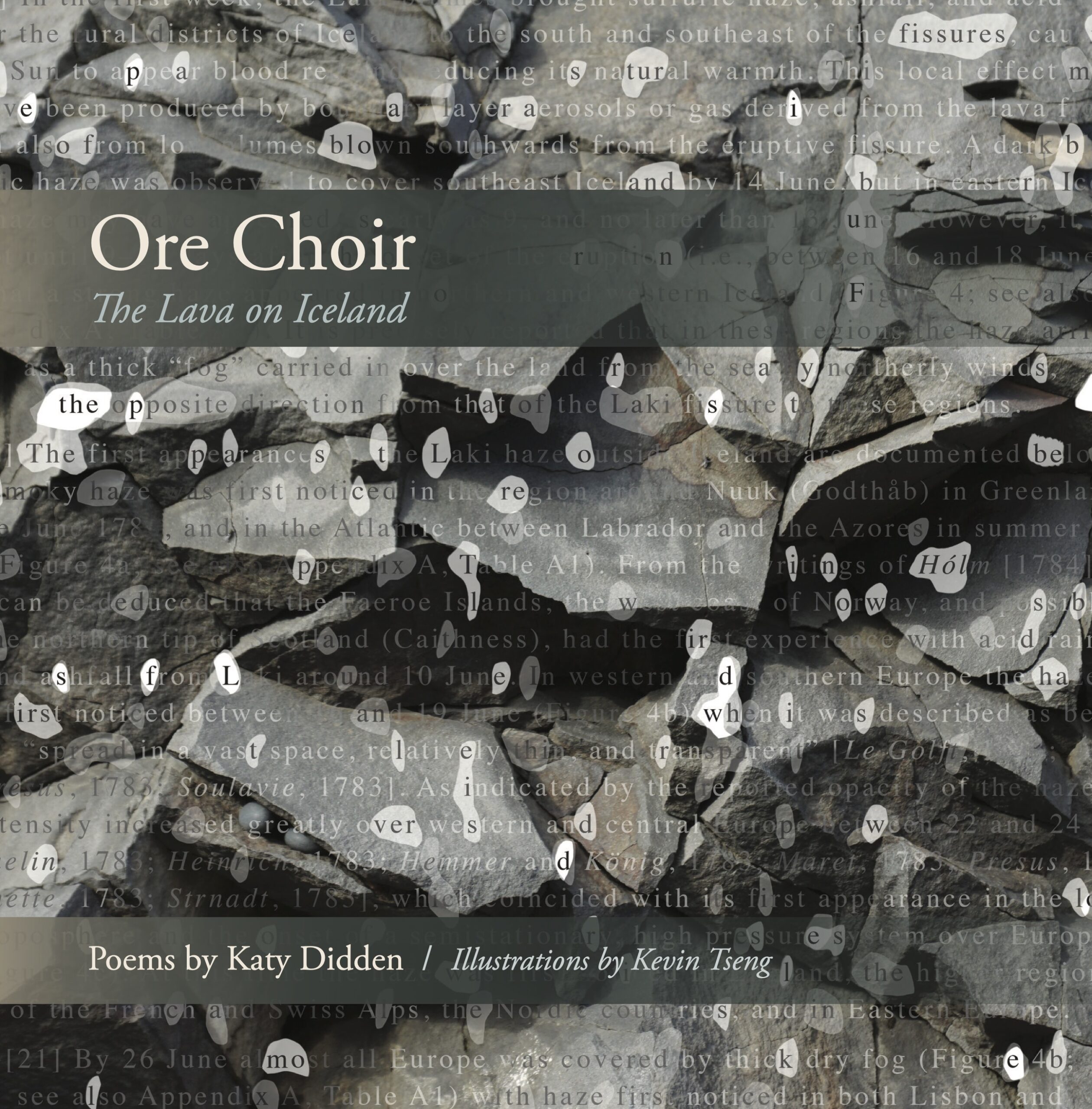 Didden’s poetry is thick, like the hot, oozing lava that permeates the land – the “postvolcanic landscape.” We are further drawn in by the history, the tributaries of ancient Icelandic poetry, “its craters of dove-gray ashes matted with snow, / attracts artists who siege eddas in the rills.” These powerful lines draw out the significance of Icelandic poetry in our time.
Didden’s poetry is thick, like the hot, oozing lava that permeates the land – the “postvolcanic landscape.” We are further drawn in by the history, the tributaries of ancient Icelandic poetry, “its craters of dove-gray ashes matted with snow, / attracts artists who siege eddas in the rills.” These powerful lines draw out the significance of Icelandic poetry in our time.